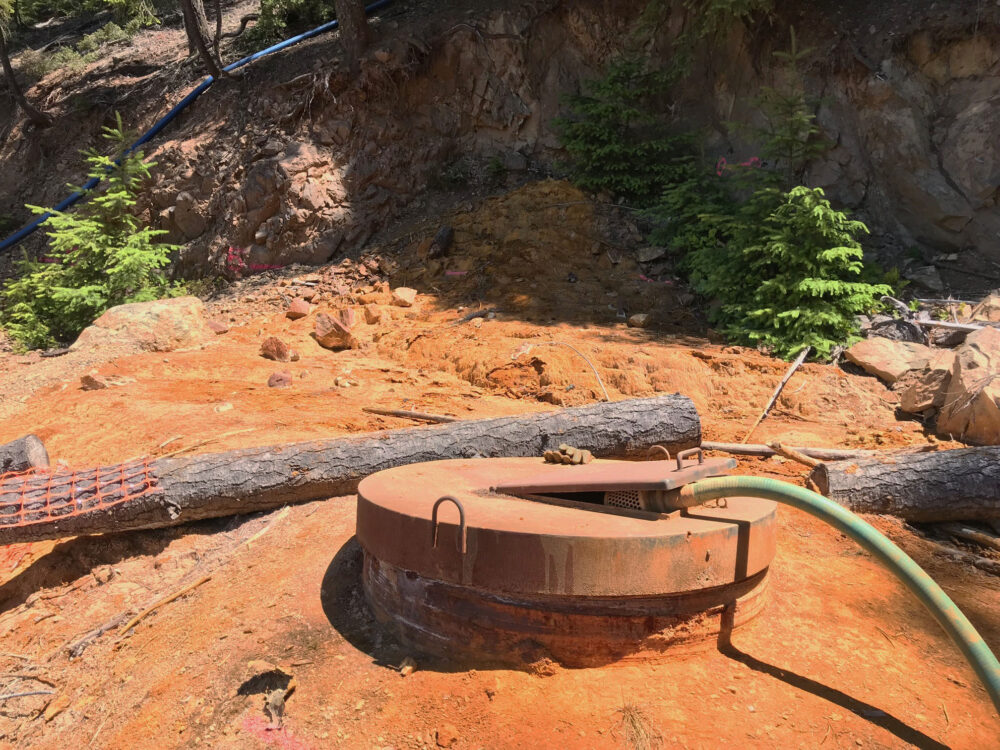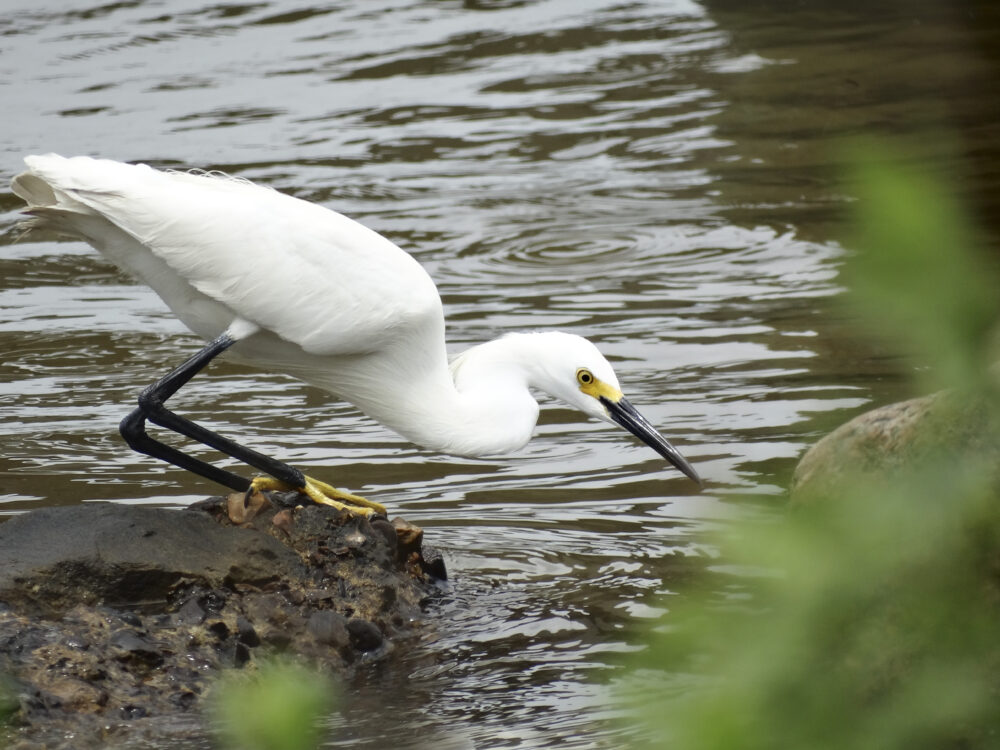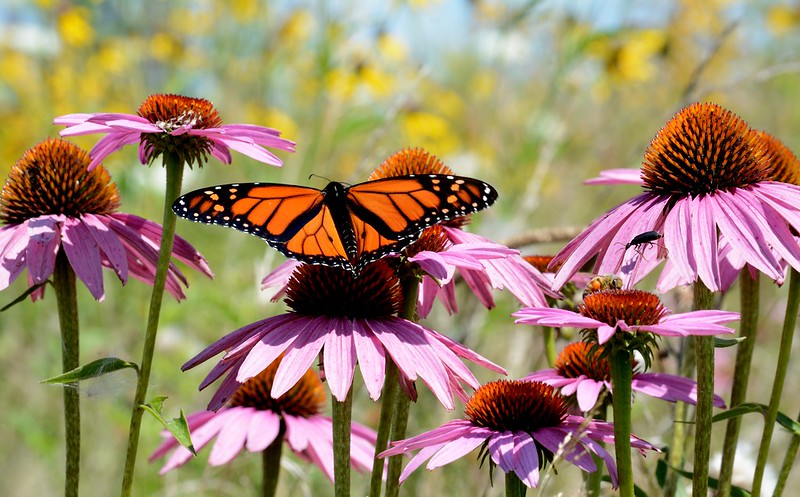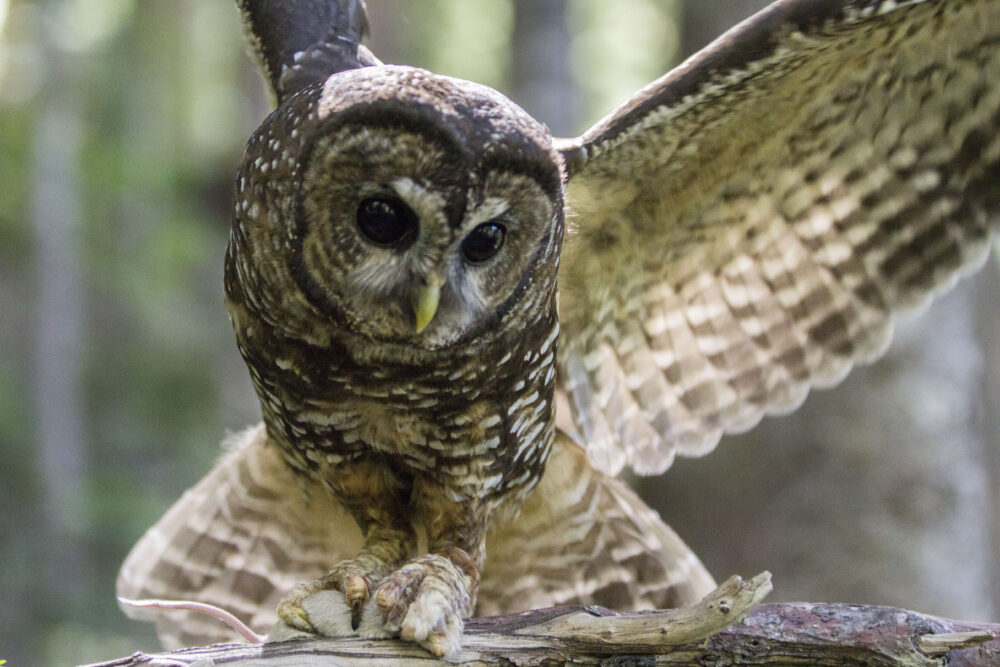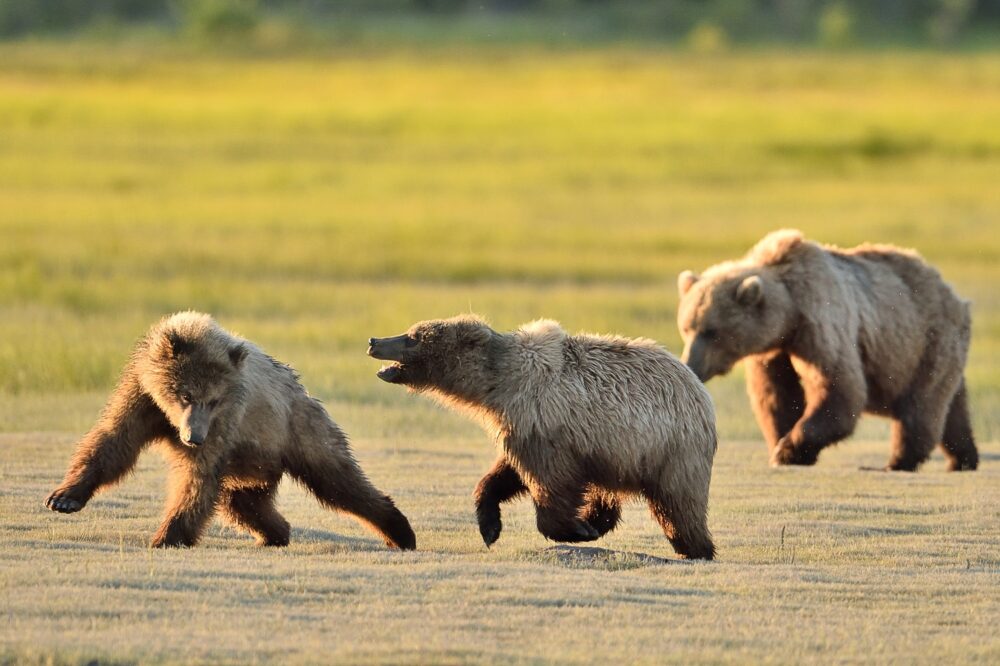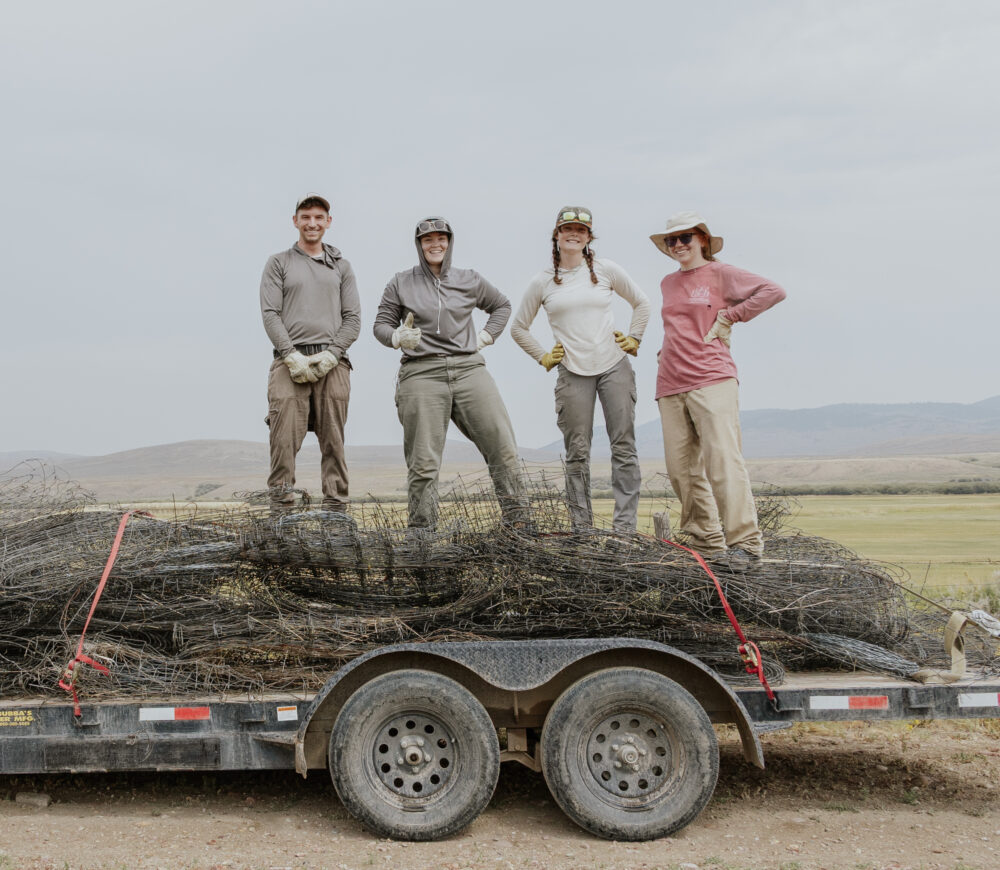We have much more to do and your continued support is needed now more than ever.
The Untold Tale of the Tortoise & the Hare
A well-known Aesop’s Fable is the Tortoise and the Hare, an account between unequal partners, a slow tortoise, and a swift hare. But there’s a lesser-known story that we’ll be sharing today. The story of the landowner, one who voluntarily adopts conservation practices that sustain habitats of the tortoise and the hare.
This landowner participates in conservation programs funded by the federal Farm Bill, America’s single largest source of conservation funding for private lands. The Farm Bill is set to expire on September 30, 2018 and in order for farm and food programs to continue, members of Congress are diligently working to pass the 2018 Farm Bill ahead of the deadline.
When the last Farm Bill was authorized in 2014, conservation programs received approximately $26.1 billion, or five percent of funding from the entire bill over a five year period. As the expiration of the 2014 Farm Bill approaches, we are focusing on the good that’s come out of existing programs. For wildlife, like the gopher tortoise and the New England cottontail rabbit, improved habitats because of landowners adopting conservation practices are a direct consequence of these programs.
Not-so-slow, and steady decline of the gopher tortoise

Gopher tortoises live in upland habitat, including pastures and the longleaf pine savannas of Louisiana, Mississippi, Alabama, Florida, Georgia and South Carolina. Gopher tortoises dig deep burrows for shelter and share these burrows with more than 360 other species.
About 80 percent of the gopher tortoise range falls on private lands, making conservation efforts on private working lands pivotal to the species’ success. Since 2012, the Working Lands for Wildlife program has been providing technical and financial assistance to landowners through Farm Bill conservation title programs, such as the Environmental Quality Incentives Program.
Landowners have restored and protected more than 300,000 acres by increasing use of prescribed fire, improving vegetation management, re-establishing longleaf forests, supporting prescribed grazing management, and protecting existing quality habitats through such funding.
A hop-ful story about the New England cottontail

While this tale doesn’t feature a hare, it instead focuses on the smaller New England Cottontail rabbit.
The New England cottontail resides east of the Hudson River in New York and in the New England States of Maine, New Hampshire, Massachusetts, Rhode Island, and Connecticut. The rabbit requires at least 25 acres of continuous habitat in shrub thickets and young, regenerating forests where the cottontail can raise young and escape from predators.
Since the 1960s, development and maturing forests decreased the New England Cottontail’s range by 86 percent. Thanks to persistent conservation efforts from landowners and funding from the farm bill, landowners were able to re-establish native shrubs and trees, encourage dense forest regeneration, and increase connectivity of habitat. With the assurance of private and public commitments to recovering and sustaining New England cottontail populations, the USFWS determined that it no longer needed to be a candidate for listing under the Endangered Species Act!
(Not) The End
The conservation title in the 2018 Farm Bill is in jeopardy of containing bad provisions– such as losing $800 million over 10 years or including anti-environmental policies that undermine the Clean Water Act and the Endangered Species Act.
Right now, members of Congress are reconciling the House of Representatives’ version of the Farm Bill with the Senate’s version, and the National Wildlife Federation is calling on Congress to pass a final Farm Bill with:
- No cuts to the conservation title
- Wildlife receiving at least 10 percent of working lands funds
- A strengthened and expanded Sodsaver to protect prairies
- Removal of crop insurance barriers to sustainable farming practices
- No anti-environmental riders
- An expanded, but high quality, Conservation Reserve Program
- No weakening of protections for wetlands
We need your help!
Send a letter to your legislator urging them to support a wildlife-friendly 2018 Farm Bill or click here to send a tweet.



